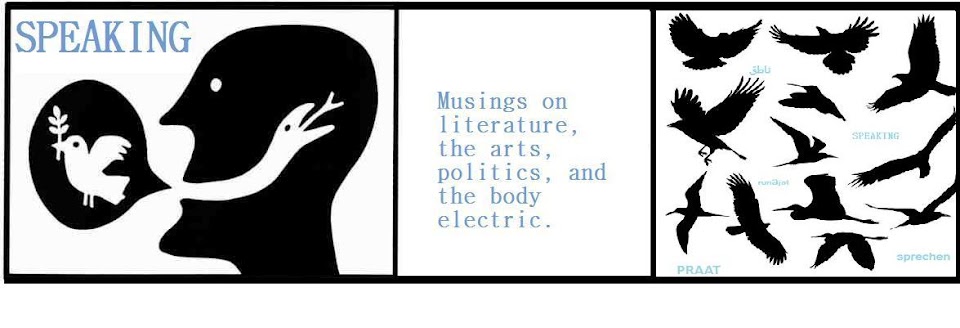
The Mount Hermon coffee shop is brimming with very important looking people, click-clacking away on the keyboards of very important looking laptops. In addition to looking important, those with Macs get bonus points for coolness, and double bonus points if they have BOTH a Mac AND horn-rimmed glasses.
I am in a room composed almost entirely of writers, or rather, people making a living (some monetarily and others only metaphorically) off of the written word--poets, novelists, editors, agents, publishers. I am surrounded by my fellow near-sighted, English class-loving, Espresso-worshipping, Walt Whitman-quoting soul mates. We have all come to this place, lovely and perfumed by earthy Redwoods, hoping to catch some part of eternity through the written word.
In 48 hours I will return to my little sullen (but beloved) corner of Georgia. When I return, I most likely won't have a book deal, but what I will have is some valuable information as I embark on my journey to the New York Times Bestseller's List (hey, you should always aim high people):
1) Industry words/phrases are important: As pompous and foreign as they may feel in the mouth of a new-comer, you must learn to embrace the jargon that gets you noticed by editors. Phrases on my industry vocabulary list this week include: "dramatic narrative non-fiction" and "felt needs."
2) Being a writer is SO much more than writing: Being a writer in the 21st century means embracing the new ways people consume media, which increasingly blurs the lines between the personal and the professional. Books will always have a place, of course, but no longer can a writer assume that he/she can get away with being a surly, unshaven recluse without people skills. Blogs, speaking engagements, and at least moderate attractiveness are required in addition to your ability to craft a mean sentence.
3) In the presence of power, just be yourself: In the course of pitching my own ideas, and overhearing others do the same, I've learned that the best way to sell your idea is by NOT sounding like an overly-rehearsed, contrived, infomercial salesperson. People want something real. Apparently animals, children, and editors can smell a fake. So breathe deep and drop the three-point sermon already.
4)Research, research, research: Since we're on the topic of pitching, it should be noted that it is appreciated if you know WHO you're pitching to. If a publisher specializes in Christian devotionals, don't come with your YA romance novel about a teen who falls in love with (fill in the supernatural being), and expect anything more than crickets chirping. It's not just about wasting their time, its also about sparing your own(as well as your ego).
5)Writer's conferences are conducive to crying: Apparently it's perfectly normal to have a complete and total breakdown during the course of a conference; we're talking full-fledged, toddler sob, snotty-faced breakdown, with a dash of 'Oh God, why do I suck so badly?' thrown in. But I wouldn't know personally of course, I'm too mentally strong for that (she says as she throws away the soggy ultra-soft Kleenex crumpled in her pockets).
6) It's perfectly okay to change your project on the fly: After one VERY unsuccessful pitch (the impetus for a truly pitiful breakdown. See #5), I was left baffled about how I could have done better. At the next pitch, still shaking and unsure, I let the conversation begin to seep into my own understanding of the project rather than approaching the conversation with an immutable and fixed product. This was a turning point for me. Editors stopped being gracious, and started being interested. Four requests for proposals later, I am thinking that this whole "listening" thing may actually work. Who'da thunk?



